Tourism and Wildlife Cabinet Secretary Rebecca Miano recently launched the second phase of the 2024-2025 National Wildlife Census at Shaba National Reserve, an initiative aimed at bolstering conservation efforts.
However, her past and present leadership are clouded by allegations of inefficiency and questionable decision-making, raising concerns about the Ministry’s ability to deliver on its conservation mandate.
During her tenure as CEO of KenGen, Miano faced allegations of irregular procurement practices, inflated project costs, and a lack of transparency.
These accusations cast doubt on her leadership and financial oversight abilities.
Critics argue that these unresolved issues have followed her into public service, where similar patterns of inefficiency and opacity are reportedly manifesting in her role as Cabinet Secretary for Tourism and Wildlife.
As CS, Miano’s performance has been marred by accusations of neglecting key challenges in the tourism sector.
While initiatives like the wildlife census are widely publicized, skeptics question their long-term impact, citing a history of similar projects that failed to deliver actionable outcomes.
The Ministry continues to grapple with underfunded conservation efforts, escalating poaching incidents, and inequitable resource allocation, all of which jeopardize Kenya’s rich biodiversity.
Conservationists argue that without robust funding and clear policies, such projects risk being reduced to symbolic gestures rather than meaningful contributions to wildlife preservation.
Another area of concern is Miano’s handling of foreign tourism investments.
Critics claim she has prioritized high-profile partnerships with international entities while sidelining small-scale, local tourism operators.
This exclusionary approach, they argue, undermines local communities that are critical to sustainable conservation efforts.
Moreover, communities living near protected areas often feel neglected, as promised benefits from tourism rarely trickle down to them.
This disparity has sparked growing discontent and calls for more inclusive strategies to balance international partnerships with grassroots development.
The controversy surrounding Miano’s leadership is emblematic of a broader need for accountability and transparency in Kenya’s public sector.
Conservation experts and stakeholders argue that while projects like the wildlife census are important, they must be complemented by tangible actions that address systemic issues.
The Ministry’s inability to tackle challenges such as poaching networks and the marginalization of community-based tourism operators raises doubts about its commitment to genuine reform.
Unless Miano and her Ministry address these concerns head-on, efforts like the wildlife census may be dismissed as mere public relations exercises.
To restore confidence, the Ministry must demonstrate measurable progress in wildlife protection, equitable resource distribution, and community inclusion.
Only then can it align with Kenya’s global reputation as a leader in wildlife conservation and sustainable tourism.







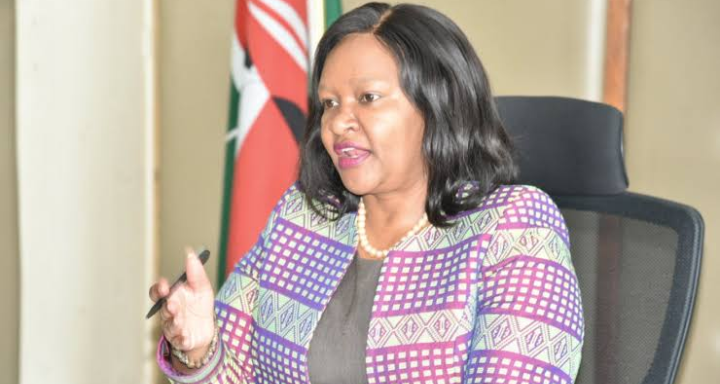

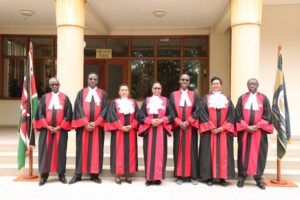


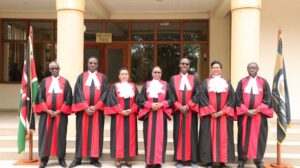

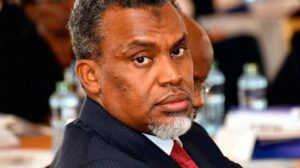


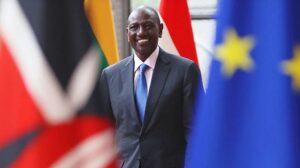


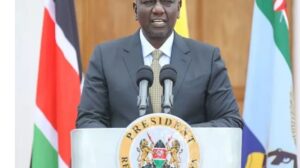
Add Comment